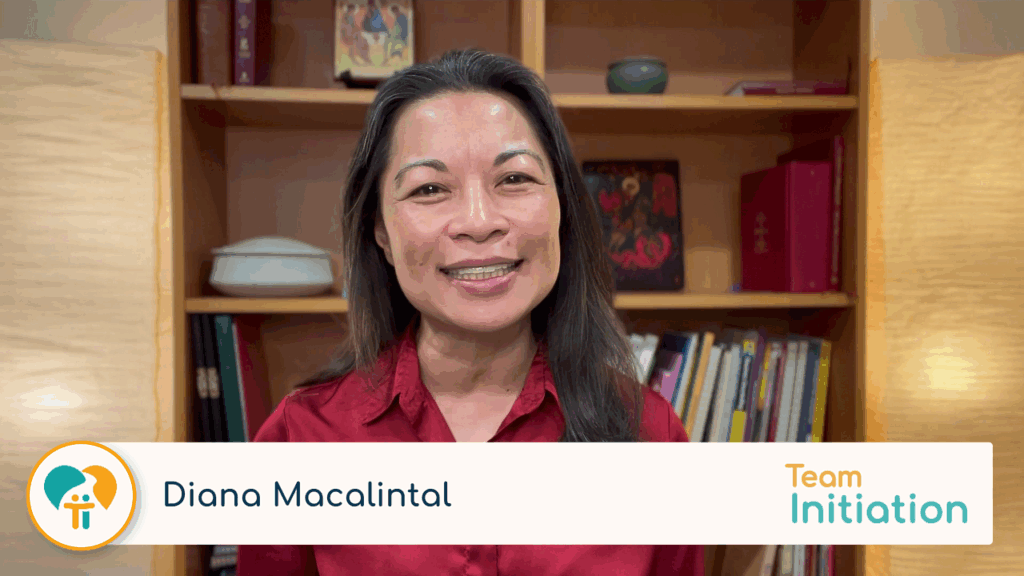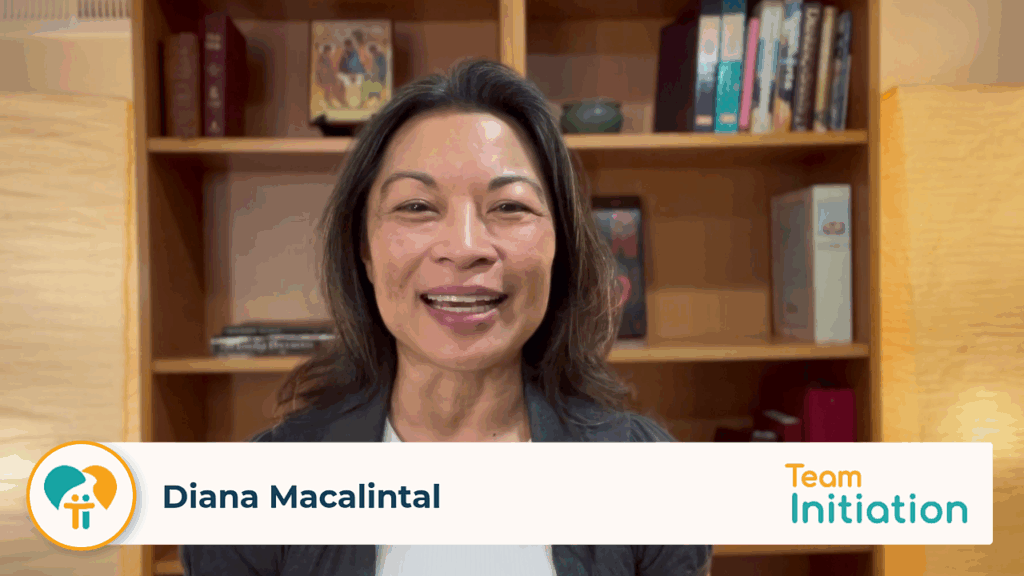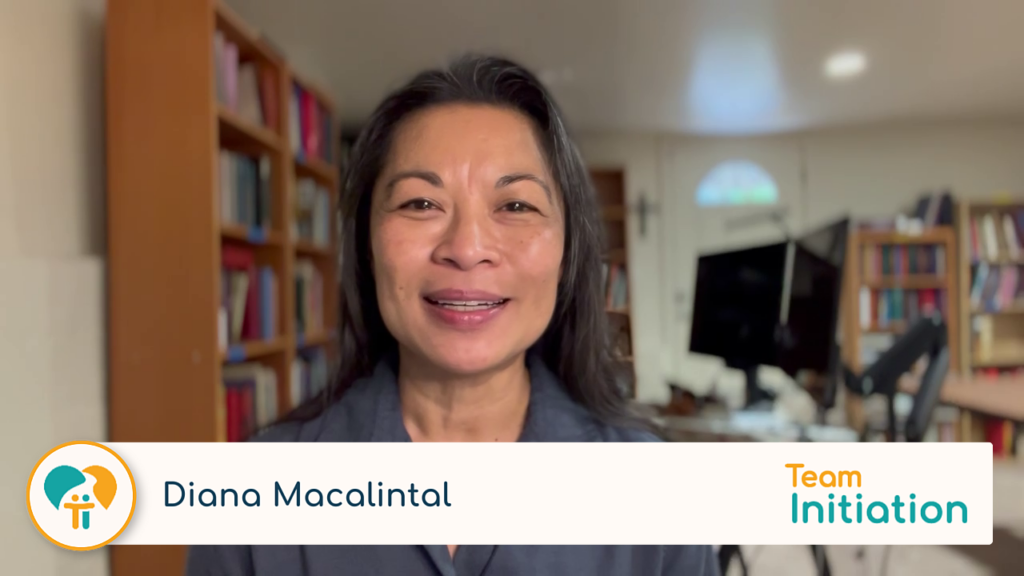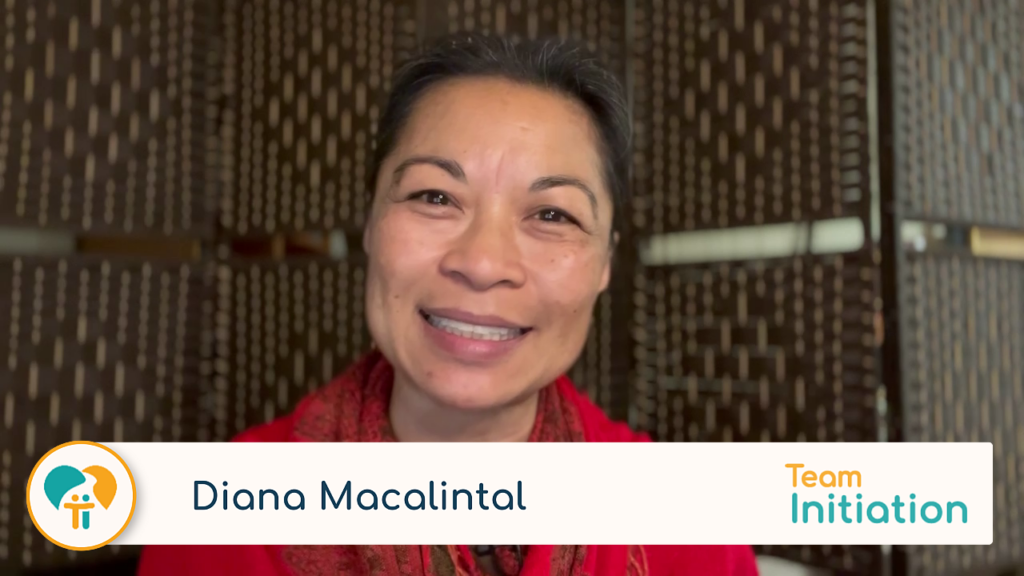
A significant part of our job as catechumenate ministers is to accompany catechumens on their journey towards full initiation into the church. Their initiation will include joining us for the first time at the Table of the Lord. While catechumens are not yet able to approach the eucharistic table, their participation in the Liturgy of the Word is the primary way in which they prepare for their full initiation.
In this article, I want to explore how we can help catechumens embrace the transformative power of the Mass and enhance their prayer experiences, even as they await full participation in the eucharistic celebration.
The Liturgy of the Word
While it is obvious to most of us that God speaks to us through the scriptures, that may be a new idea for the catechumens. If we can encourage catechumens to actively engage with the readings in the Liturgy of the Word, allowing God’s word to penetrate their hearts and guide their lives, they will experience a deeper conversion to Jesus Christ. Many catechumenate teams help catechumens engage with the Sunday scriptures through a “breaking open the word” process, which includes attentive listening, reflection, and personal response to the word proclaimed.
It is also important to remember that the highest form of prayer for us is our full, conscious, and active participation in the liturgy. If we want to deepen the prayer lives of the catechumens and facilitate their ongoing conversion to Jesus Christ, we need to encourage them “to take part by means of acclamations, responses, psalmody, antiphons, and songs, as well as by actions, gestures, and bodily attitudes” (Constitution on the Sacred Liturgy, 30). We need to help them understand that their presence and active engagement in the Mass contribute to the communal worship and the building of the Body of Christ.
We need to help the catechumens understand that their presence and active engagement in the Mass contribute to the communal worship and the building of the Body of Christ.
Meditating on the eucharistic mystery
Although catechumens cannot yet participate in communion, we can encourage them to reflect deeply on the meaning of the eucharistic mystery. Help them understand that the entire Mass, including the Liturgy of the Eucharist, is a profound encounter with Christ’s sacrificial love. Guide them to ponder the significance of Christ’s self-giving in the Eucharist and its transformative power in their own lives. Encourage them to long for the day when they will partake fully in this sacramental encounter.
Since the COVID pandemic, there has been a resurgence in the understanding of spiritual communion. We can share with the catechumens the teaching that they can receive Christ spiritually. Teach them that even though they cannot physically approach the eucharistic table, they can unite themselves spiritually to Christ through prayer and longing. Encourage them to embrace spiritual communion as a means to foster a deep, intimate relationship with Christ and to draw closer to the sacred presence.
As catechumenate ministers, we play a vital role in helping catechumens develop their prayer lives through active participation in the Mass. By nurturing their engagement during the Liturgy of the Word, fostering a prayerful disposition, meditating on the eucharistic mystery, and embracing spiritual communion, we can accompany them towards a deeper relationship with Christ, preparing them for the day they will fully partake in the eucharistic banquet.
Can you help me out?
I’d love to know how this is landing. Can you share a word or a phrase about how this article resonates with you? Does it speak to your experience? Share your thoughts in the comments box below. Thanks for being part of the conversion!

















Last year was the first year our parish has ever had RCIA participation, and I struggled through on how to set up the “lessons.” This article helped me put my finger on how I want to set up RCIA sessions.
Blessings to you and your ministry.
Hi Teresa. I am so glad the article was helpful. Here is another one that may be useful. Blessings on your ministry.
https://teaminitiation.com/2007/04/mystagogy-my-mother-could-do/
The most important part of your message is, “We can share with the catechumens the teaching that they can receive Christ spiritually. Teach them that even though they cannot physically approach the eucharistic table, they can unite themselves spiritually to Christ through prayer and longing. Encourage them to embrace spiritual communion as a means to foster a deep, intimate relationship with Christ and to draw closer to the sacred presence.”
I will emphasize this and share with them the Prayer of Spiritual Communion.
I think that this emphasis will help them to grow in the establishment if s personal relationship with Jesus in the Holy Eucharist
Hi Phyllis. I am so glad you found something in the article that resonated with the work that you do. Thanks for your dedication to this ministry.
I find the gestures like bowing one’s head at Jesus’ name, the three crosses at the announcement of the Gospel, and the sign of the Cross itself, all involve ME more in the liturgy. If they involve me, those will also involves catechumens and journeyers!
That’s a great insight Susan! Thanks for sharing.
Excellent reminders.
Thanks Jeannine! Your lifetime of service in this ministry is an inspiration. Thanks for all that you do.
I really appreciated this article as we help our families to actively participation in the Eucharistic Mystery prior to receiving Holy Communion. We have experienced the richness of Spiritual Communion during COVID and encourage our beloved families who are not yet receiving Holy Communion to embrace the prayer for Spiritual Communion.
Hi Susan. Thanks so much for sharing your thoughts. Blessings on your work.
The call to fully participate at mass (which resonates with the synodal call) is something that catechumens and others can learn from our actions and responses at mass. To know that God is in the choir, with the lectors and in the gospel and to feel His presence in those around us at church would allow for greater participation and allows them to encounter Christ in the Word and in His people. Thank you for the insights shared here.
Vinaka
Joana
Hi Joana. I really like what you shared here. The presence of God in the liturgy is all around us! Thanks for taking the time to comment.